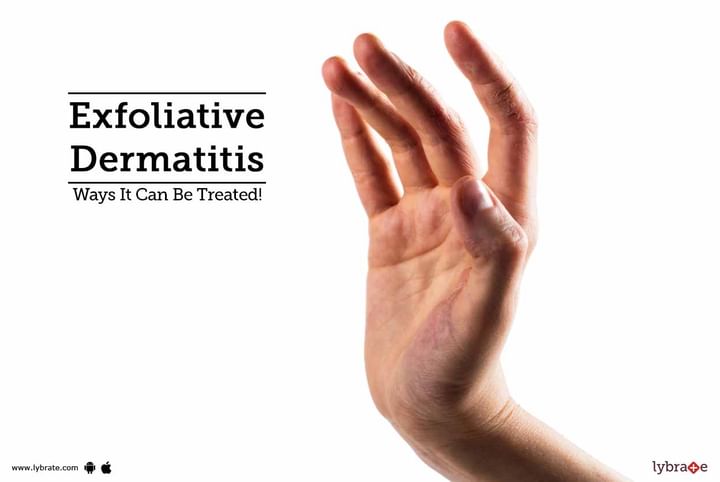Exfoliative Dermatitis - Ways It Can Be Treated!
The term exfoliative dermatitis literally means peeling or shedding of the skin. It is also known as erythroderma. This condition is characterized by the reddening and peeling away of large patches of skin all over the body. The skin may also turn rough and scaly and feel painful or itchy. Exfoliative dermatitis is caused by a skin cell disorder, which causes a rapid turnover in skin cells. People suffering from chronic skin conditions such as psoriasis, autoimmune diseases, eczema and seborrheic dermatitis are at a high risk of suffering from this condition.
Apart from affecting a person’s appearance, the shedding of skin cells can also cause dehydration and nutritional deficiencies especially of protein and vitamin A&D. The loss of skin cells also makes you vulnerable to serious infections and damage to muscles and bones. It can also lead to hair loss and thickening of nails. Thus it is important to treat this condition as early as possible.
Treatment for this condition depends on a number of factors including the patient’s age, overall health, tolerance to specific types of medication and procedures and extent of reaction. When treating this disease, it is important to identify the root cause as it resists treatment until the root cause has been treated. To do this, a skin biopsy may be needed along with a physical examination and blood tests.
Patients suffering from acute exfoliative dermatitis may also require hospitalization. Hospitalization may also be suggested for elderly patients or people living alone. This is in cases where the condition has affected the patient’s fluid levels and internal body temperature.
Emergency treatment can include:
- Discontinuation of medications that may be causing this condition as a side effect
- Application of petroleum jelly on the affected area to reduce fluid loss and prevent secondary infections
- Non adherent dressing of the affected areas if the skin is crusting or weeping
- Correction of body temperature through cooling baths or heated blankets
- Antibiotics and intravenous fluids to combat dehydration
In case you have a concern or query you can always consult an expert & get answers to your questions!


+1.svg)
